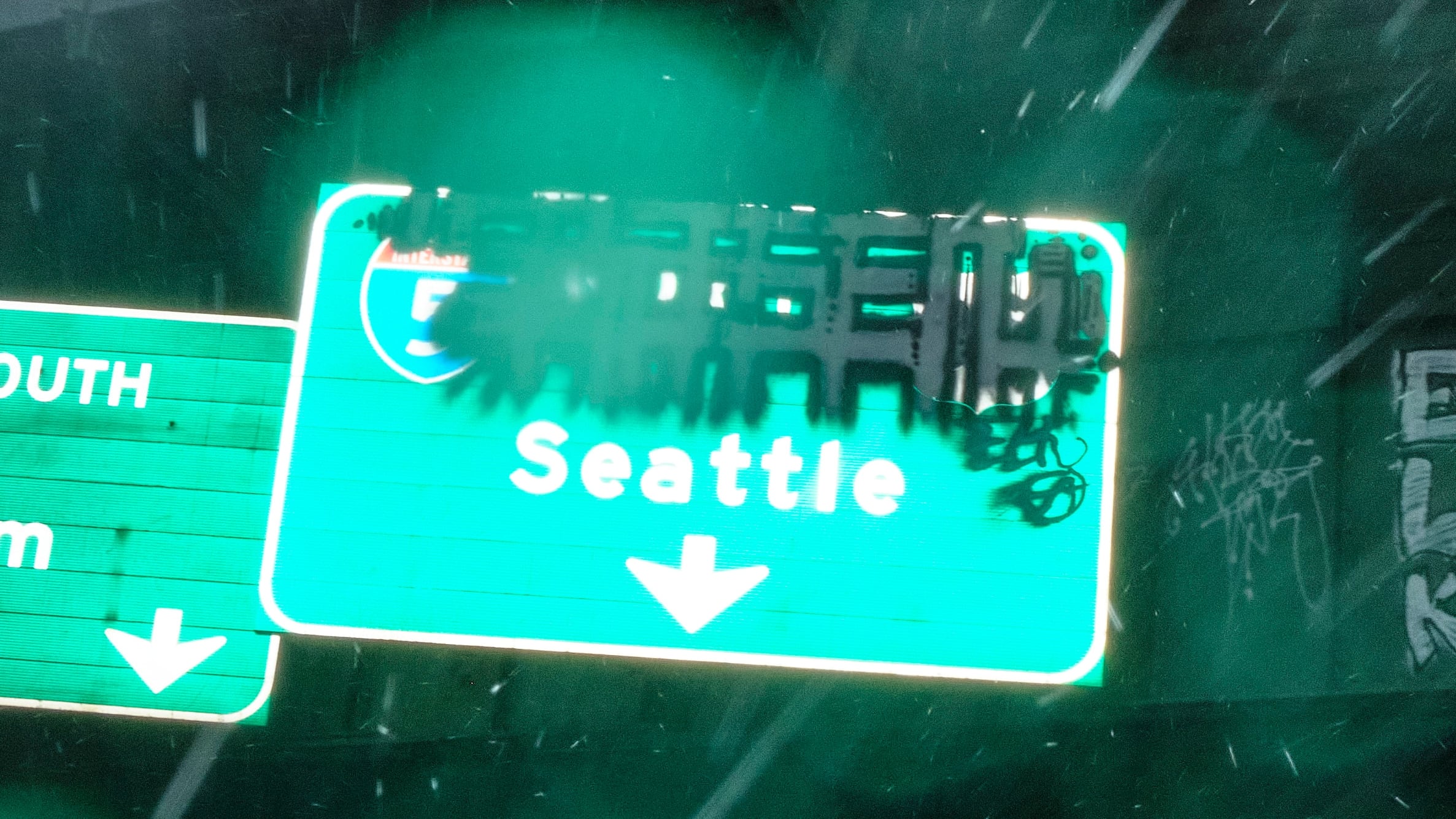Seattle’s model for public campaign financing, its proponents argue, places stronger safeguards around taxpayer dollars. That’s because its Ethics and Elections Commission, which can investigate candidates and impose stiff civil penalties, inspires fear, while Portland’s version is toothless.
“You have to have an independent commission with the ability to impose penalties,” says Polly Grow, campaign law, education and compliance adviser to Seattle’s elections commission. “If you don’t have that enforcement body, it’s really difficult to have a program that can stay above water.”
Alan Durning, founder and executive director of the progressive think tank Sightline Institute, says Seattle knew the “biggest danger to the program was scandal. Any scent of malfeasance would kill the program.”
By contrast, Portland’s program is overseen by a nine-member Portland Elections Commission that has no regulatory authority, nor does it enforce program rules. It can’t investigate any alleged wrongdoing, nor impose monetary penalties.
Instead, the program’s rules are enforced by the program’s director. The city’s election laws—like campaign contribution limits—are enforced by the city auditor.
Kristin Eberhard, formerly the director of Sightline’s climate and democracy programs, recalls advising the Portland City Council in 2016 that there “needed to be an independent body with clear authority and funding” because the public was sensitive about safeguarding taxpayer dollars. “This is public money,” Eberhard says. “You want it to be clean and above board.”
The city didn’t heed Sightline’s advice.
The Emerald City has other advantages over Portland. Seattle’s program requires that city council candidates, in order to begin collecting democracy vouchers, must receive 150 signatures and 150 donations of at least $10 or more. Seventy-five of those donations and 75 signatures must be collected from within the candidate’s district—they must show they have support from constituents who will actually see the candidate’s name on their ballot.
From there, voters decide directly how to distribute the public money. Each registered voter receives four vouchers worth $25 each and a list of qualifying candidates. Voters then assign vouchers to their chosen candidates.
“There’s no multiplying of donations,” Durning says. “You just have to collect vouchers.”
Seattle’s program has also adapted its rules to respond to candidate tomfoolery. In 2021, after a little-known mayoral candidate paid a consulting group $164,000 to collect $346,000 in democracy vouchers, the program tightened its rules around who could collect vouchers for a candidate and how they must identify themselves.
“Our commission was quick to act,” Grow says.

